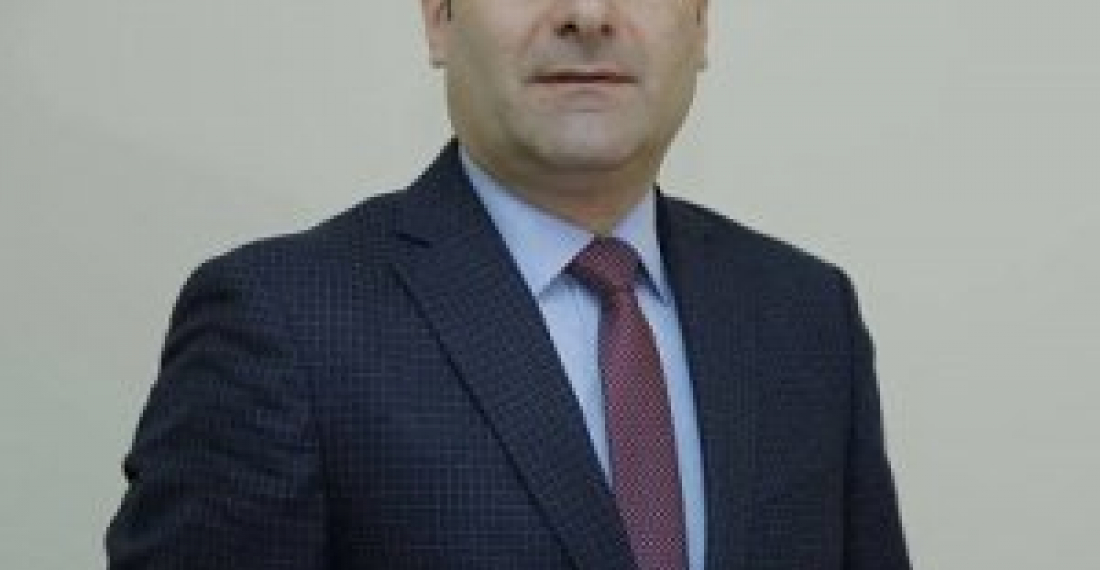Armenia's Minister of Justice, Artak Zeynalyan, has resigned, posting the news on Facebook.
In his facebook post Zeynalyan said,
“Dear friends, dear people, I have resigned from the position of minister of justice. Assuming the office of a minister in this historic period for our people was a very responsible step, but also a step aimed at having a chance to gradually solve the legal issues which emerged while conducting human rights activities. I am satisfied with this step and would like to thank Armenian Prime Minister Nikol Pashinyan for proposing my candidacy for the justice minister, the ministry staff for joint interesting, productive and responsible work. I also want to thank the international partners and civil society representatives for the joint work. I am confident everything will be good….if not, then everything will be very good”.
The resignation follows week of turmoil in the Justice sector, as the government tries to push through radical reforms.
related content: Armenian Prime Minister announces judicial reforms as the standoff between the velvet revolution and the courts intensifies
In April 2017 Zeynalan was elected a member of parliament from the national electoral list of the "Way Out" alliance of parties. He had served as Minister of Justice of Armenia since May 2018. In 2016 he was awarded the title of "Human Rights Defender of the Year" by the United States Embassy in Yerevan.
source: commonspace.eu
photo: Artak Zeynalyan (archive picture)







